How to do Therapy
Defining therapy
As a clinician I have noticed that not everyone understands what therapy is. And when someone doesn’t know what therapy is, they don’t know how to do therapy correctly. Many people think therapy is just seeking advice, others think it is a venting session, and some think it’s just a therapist making sad faces as you dish out your problems. Understanding what therapy really is and its origins is pertinent to utilizing it correctly.
So, what is therapy and how do we use it properly? The word therapy comes from the word psychotherapy. In Greek psychotherapy is broken down into two parts: “psche” meaning soul, mind, and spirit and “therapeia” meaning healing or treatment. It literally translates to healing of the soul/ mind. The word therapist comes from the Greek word “therapevo” which means to heal. Most importantly, the word counselor, which is used interchangeably with the word therapist, in the Greek is “symvoulous” which means to advise. A therapist/ counselor is literally someone who leads and advises you toward inner healing.
The role of a therapist is not to listen to you vent or give you advice, but to walk alongside you in the healing of your mind, soul, and spirit through challenging questions, evidence-based theories, and holding space. The therapeutic process leads to true healing as the counselor leads you self-discovery and new revelations about yourself and your behavioral or mental patterns.
Plan ahead (sometimes)
Planning ahead is one of the most helpful yet overlooked strategies to enhance your experience in therapy. Planning what issues you will talk about before your session starts gives you clarity and direction for where the session may go. It leaves little room to get distracted discussing things that may not be as critical to address. Planning prior to session also gives the therapist information on which topics are most important in their clients life, and gives them insight on where they should lead the session. It also ensures that you make the most of your session instead of spending the first few minutes figuring out where you want to start. Moreover, this strategy also enhances your self-awareness by encouraging you to practice identifying key areas where you need support in your life. Although it’s good to just see where the session takes you sometimes, overall planning ahead makes the session more productive and helps you make the most of each session.
Take notes
Have you ever left a therapy session and forgotten what you talked about? Well, this is why note-taking places a critical role in the therapeutic process. Taking notes allows you to go back and look at valuable insight that you have previously learned in session. When you look back at your notes from session not only does it reinforce what you’ve learned in therapy, but it serves as a reminder of what you maybe need to improve on or implement. It also allows you to go back and look at your progress over the course of your healing journey. Now that you’ve gathered that note taking overall enhances your therapeutic experience. The next step is to choose which method of note taking (journaling or jotting down key points) works best for you.
Avoid distractions
Avoiding distractions also plays a crucial role in the effectiveness of therapy. Distractions that may come up such as doing your chores, talking to family members, checking your phone, or eating during session impacts your ability to being fully present during session. Science has proven that the brain cannot multitask effectively, therefore you are already at a biological disadvantage when you are trying to multitask in therapy. Multitasking during a session may hinder you from hearing and internalizing crucial information that may aid in your healing. Fully engaging in the session allows you to fully commit to it so that you get the full benefits of the session.
Be prompt
Life gets busy and sometimes running late feels inevitable. But when it comes to therapy punctuality is important for several reasons. It is more than just a courtesy to the therapist, but it plays a crucial role in the effectiveness of your sessions and overall healing process. Since therapy is typically only 45-60 minutes, if you arrive late, you’re not just cutting into your session time, but you’re limiting the depth of the conversation. Every minute matters to get the full benefit of your session. Additionally, rushing into therapy feeling flustered or anxious about running late can make it harder to settle into the conversation. Starting on time allows you to enter the space with less stress and distraction. Lastly, therapy is most effective when approached with consistency. By showing up on time, you reinforce discipline and accountability, two qualities that are crucial for personal development and emotional healing.


